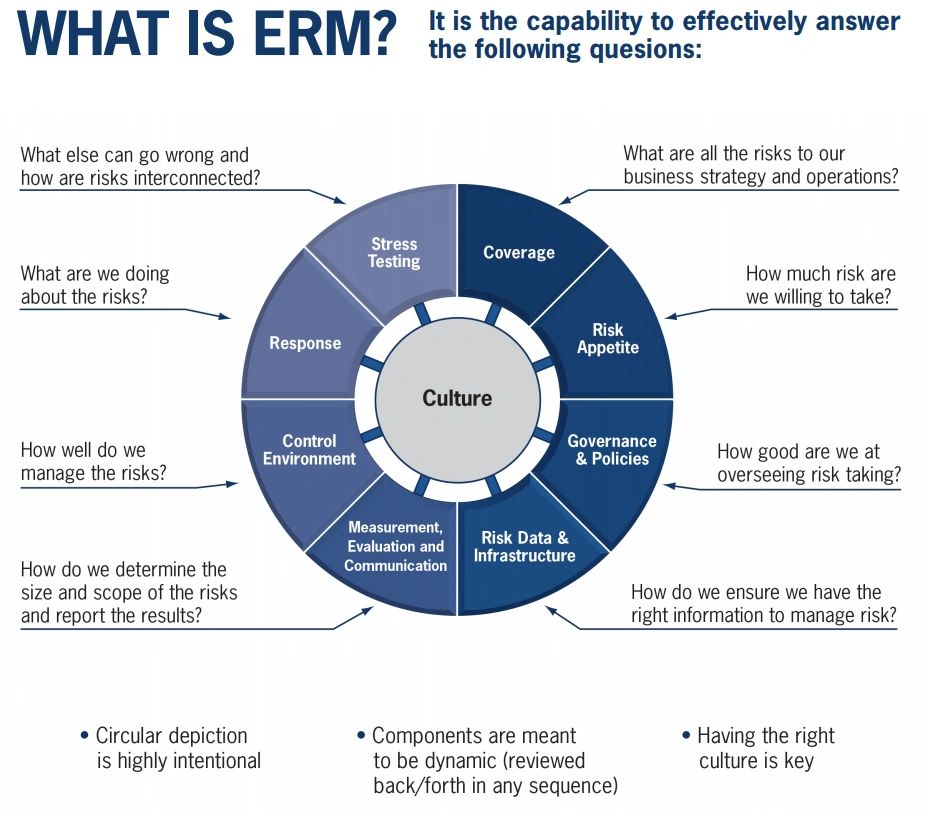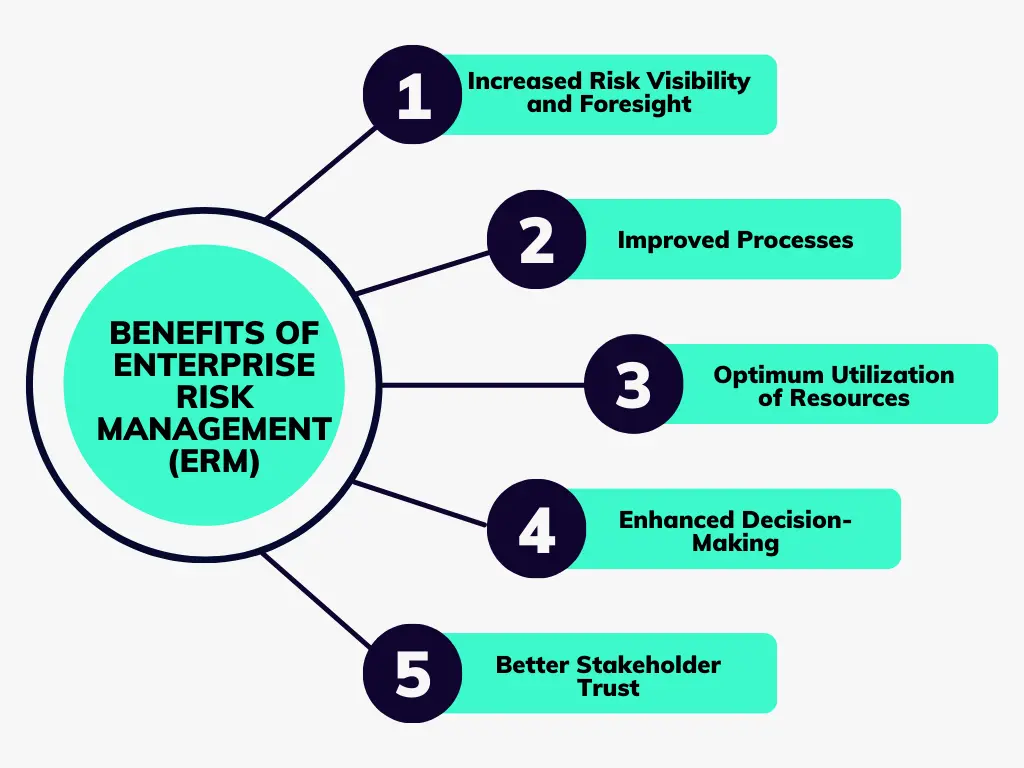Check out the Function of AI in Promoting Ethics and Honesty to Battle Expert Threats Effectively
The combination of AI in organizational frameworks has actually become crucial in resolving expert dangers. By using sophisticated analytics and real-time surveillance, AI systems can identify discrepancies from honest actions among workers (Insider threats). This positive method not only enhances conformity however likewise promotes an environment of count on. As companies progressively count on these technologies, inquiries occur concerning their efficiency and possible ramifications for workplace culture. What lies ahead in the development of AI's duty in advertising integrity?
Recognizing Expert Risks and Their Effect On Organizations
Although companies often concentrate on external threats, expert dangers posture a significant threat that can weaken safety and security and honesty. These risks arise from people within the company, such as workers or specialists, that may abuse their accessibility to sensitive details for individual gain or destructive intent. The effect of insider hazards can be extreme, resulting in economic losses, reputational damage, and legal implications.
Factors contributing to insider risks include frustration with the office, absence of oversight, and inadequate worker training on safety protocols. Organizations commonly struggle to recognize these risks, as they can be tough to detect up until substantial damage has actually taken place. Avoidance approaches should concentrate on cultivating a culture of count on and liability, along with applying durable surveillance and reporting systems. By identifying and resolving the complexities of insider hazards, organizations can boost their safety and security position and safeguard their important properties from internal risks.
The Development of AI in Office Safety
As companies progressively confront diverse safety difficulties, the integration of expert system (AI) in work environment security has actually developed substantially. Initially, AI applications focused primarily on automating fundamental safety methods, such as gain access to control and security. Improvements in device understanding and data analytics have actually changed AI right into an aggressive device capable of recognizing potential risks and vulnerabilities in real-time.
Organizations currently leverage AI-driven systems to examine large quantities of information, allowing them to detect anomalous actions that might show insider threats. This development has brought about the growth of advanced formulas that can discover from historical incidents, boosting the system's predictive capabilities. Additionally, AI tools are increasingly made use of to enhance event response procedures, allowing safety and security teams to act quickly and efficiently.
How AI Monitors Staff Member Actions for Ethical Compliance
Artificial knowledge plays an essential duty in monitoring worker behavior to ensure ethical conformity within companies. AI systems examine large amounts of data created by staff members, consisting of communications, purchases, and access to sensitive details. By employing sophisticated formulas, these systems can determine variances from developed ethical requirements and company plans.
Device learning designs continuously adapt to identify patterns of actions that might suggest moral breaches, such as unauthorized information accessibility or unusual deal tasks. Insider threats. Furthermore, AI-driven tools can supply real-time alerts to administration, facilitating timely interventions when potential risks are detected
The assimilation of AI into conformity tracking not only enhances the organization's capability to promote integrity but additionally cultivates a culture of liability amongst staff members. By advertising transparency, AI systems work as a deterrent against dishonest behavior, making sure that employees stay straightened with honest criteria and organizational values.
Examining Patterns: Recognizing Risky Actions With AI
An expanding variety of organizations are leveraging AI to examine patterns that may suggest risky behavior amongst employees. By utilizing advanced algorithms, these systems can filter via huge amounts of data, identifying abnormalities in individual habits that could recommend possible insider threats. As an example, AI can identify uncommon gain access to patterns to sensitive details, such as staff members accessing data outside their usual extent of job or during irregular hours. In addition, behavior analytics can highlight frequent adjustments in a worker's interaction design or partnership habits, which may signify underlying concerns. This positive strategy allows companies to pinpoint danger factors prior to they escalate into significant risks. Consequently, the assimilation of AI right into checking methods not only improves security however additionally fosters a society of accountability and honest actions. By identifying these patterns, companies can much better recognize the behavior characteristics within their workforce, inevitably promoting a much safer and a lot more ethical workplace.
Real-Time Insights: Immediate Reactions to Prospective Dangers
Real-time understandings via predictive analytics and automated alert systems play a necessary role in dealing with prospective dangers to values and honesty. By leveraging these technologies, organizations can expect dangerous behaviors and react quickly to reduce dangers. This positive technique improves liability and cultivates a society of honesty in numerous settings.
Anticipating Analytics Applications

Automated Alert Solutions
Anticipating analytics gives a foundation for companies to improve their responsiveness to honest problems with automated sharp systems. These systems make use of real-time information to monitor activities, detecting anomalies that might represent potential insider risks. By leveraging device learning formulas, automated informs can identify patterns of habits that differ developed norms, enabling quick treatment. This immediacy is necessary in mitigating risks related to underhanded practices. Automated alert systems can simplify interaction among pertinent stakeholders, making certain that possible risks are addressed promptly and successfully. As companies significantly depend on AI-driven services, the assimilation of automated sharp systems will certainly play a pivotal function in fostering a society of values and integrity, ultimately protecting organizational properties.
Fostering a Culture of Trust Via AI-Driven Openness
AI-driven transparency can significantly enhance trust within organizations by advertising responsibility and open communication. Through real-time surveillance options, stakeholders can obtain understandings into processes and decision-making, promoting a society of stability. Data-driven decision-making further click here now supports this openness, allowing notified selections that align with honest standards.
Enhancing Openness and Accountability
Exactly how can companies efficiently promote a culture of trust? By improving openness and responsibility with the tactical use artificial knowledge. AI can help organizations methodically track decision-making procedures, making sure that actions align with well established honest criteria. This openness allows employees to see the reasoning behind choices and policies, reducing uncertainty and fostering a sense of justness. Additionally, AI-driven tools can help with clear communication regarding expectations and responsibilities, encouraging people to take ownership of their activities. As liability ends up being embedded in the organizational society, workers are most likely to take part in moral behavior, knowing their activities are checked and evaluated. Ultimately, this technique cultivates an environment where count on can flourish, greatly mitigating the risk of insider threats.
Real-Time Monitoring Solutions
As companies increasingly look for to cultivate a society of trust fund, real-time tracking options emerge as a pivotal device in boosting transparency. These AI-driven systems constantly track tasks, supplying insights into user habits and prospective anomalies that might show insider risks. By executing such tracking options, companies can proactively recognize risks, ensuring prompt feedbacks to suspicious tasks. This not only safeguards sensitive info but additionally strengthens a commitment to honest methods. The transparent nature of real-time tracking helps develop employee confidence, as people are aware that their activities are being observed for the greater good. Ultimately, these options offer to grow a workplace atmosphere based in count on, accountability, and ethical integrity, essential for alleviating insider threats successfully.

Data-Driven Decision Making
Real-time monitoring services prepared for data-driven decision making, which considerably improves organizational openness. By leveraging AI modern technologies, organizations can analyze substantial amounts of data to determine anomalies and patterns a sign of prospective insider threats. This analytical strategy allows stakeholders to make informed choices based in empirical proof, fostering a culture of count on among employees. Openness in decision-making procedures, strengthened by AI-driven understandings, motivates responsibility and honest behavior. Additionally, it permits companies to proactively attend to vulnerabilities, guaranteeing that actions taken are warranted and connected clearly. As a result, the application of data-driven techniques not only minimizes threats connected with insider hazards yet likewise reinforces the worths of stability and ethical conduct within the business framework.
Future Fads: The Function of AI in Enhancing Workplace Ethics
While organizations significantly turn to artificial knowledge for operational performance, the capacity of AI to boost work environment ethics is getting prominence. Future fads indicate that AI will certainly play a necessary function in creating honest structures and guidelines, permitting organizations to browse complex moral predicaments. By examining vast quantities of information, AI can determine patterns of underhanded behavior and supply understandings that promote openness and liability.
AI-driven tools can help with real-time tracking of staff member interactions, guaranteeing adherence to honest criteria. This aggressive approach not only alleviates expert hazards yet also cultivates a culture of stability. As companies welcome AI modern technologies, they must also prioritize ethical programs and algorithmic bias reduction to guarantee fairness.
In this developing landscape, the combination of AI in honest methods stands for a transformative change, promoting a setting where honesty is not just anticipated however methodically enhanced.
Frequently Asked Questions
Just How Does AI Differentiate In Between Benign and Malicious Actions?
AI differentiates in between benign and malicious activities by assessing patterns in customer actions, utilizing artificial intelligence formulas to identify anomalies, and reviewing contextual information to figure out whether actions align with established standards or show potential threats.
Can AI Devices Replace Human Being Judgment in Honest Decision-Making?
AI tools can not totally change human judgment in ethical decision-making. While they can analyze information and determine patterns, the nuanced understanding of context, values, and ethical ramifications still requires human understanding and discernment.
What Are the Privacy Effects of AI Checking Worker Behavior?

Just How Can Organizations Make Sure AI Algorithms Are Morally Created?
Organizations can ensure AI formulas are ethically created by implementing transparent advancement procedures, entailing diverse stakeholders, conducting routine audits, and adhering to well-known ethical frameworks that prioritize fairness, responsibility, and regard for customer personal privacy and rights.
What Training Is Needed for Staff to Understand Ai's Honest Function?
Personnel training must incorporate fundamental AI values, information personal privacy, and predisposition understanding. Workshops, study, and interactive sessions can boost understanding, making certain staff members identify AI's honest ramifications and its function in promoting stability within the organization.
Synthetic intelligence plays a crucial duty in checking staff member habits to ensure have a peek at this website ethical conformity within organizations. The integration of AI right into checking methods not only enhances protection yet also fosters a society of responsibility and ethical behavior. While companies progressively face moral problems and potential honesty breaches, anticipating analytics applications use timely understandings that can assist mitigate these dangers. Predictive analytics gives a foundation for companies to improve their responsiveness to ethical worries with automated sharp systems. Future patterns indicate that AI investigate this site will play a vital duty in establishing moral frameworks and standards, allowing companies to navigate complicated ethical problems.